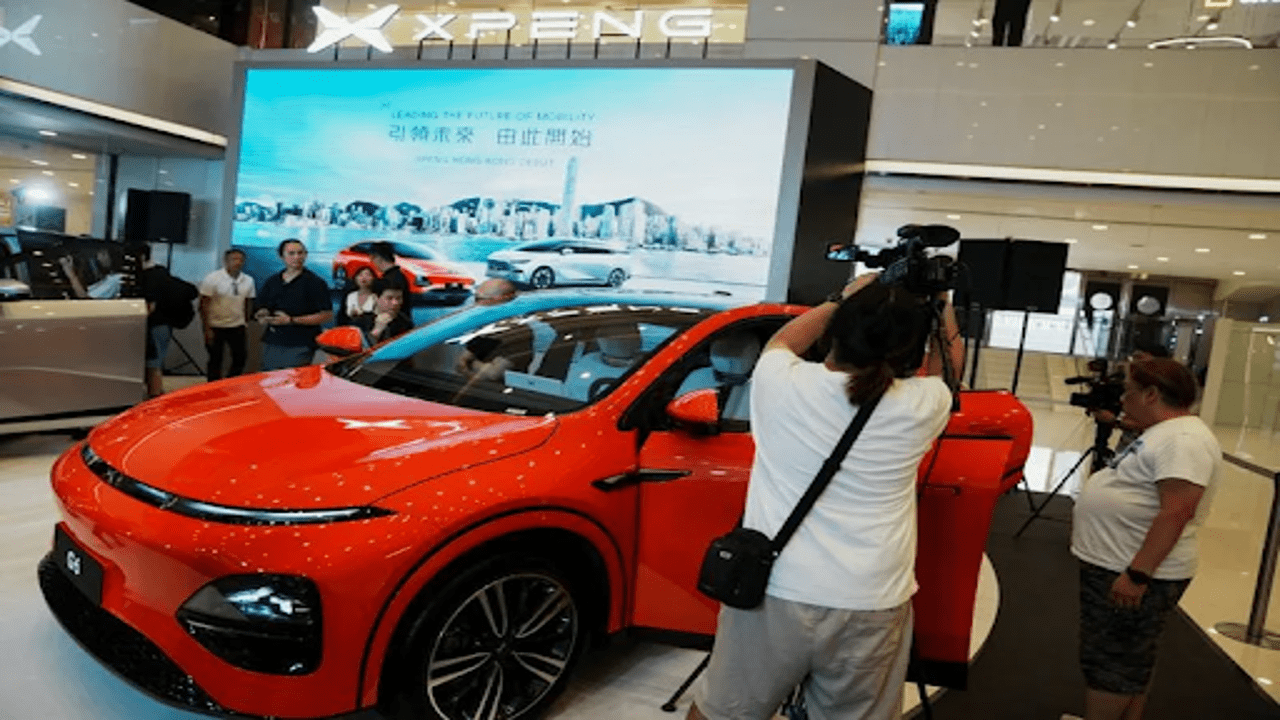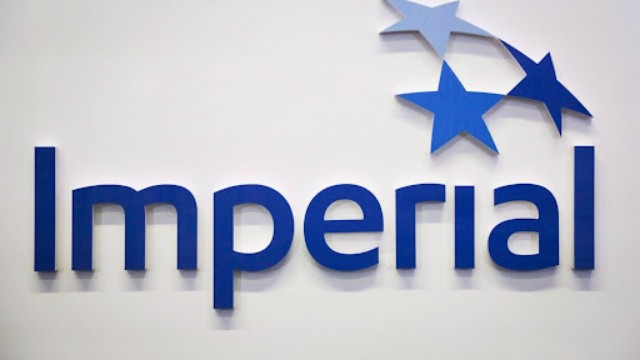
Xpeng Launching Event in Hong Kong. (Yahoo)
Chinese electric vehicle (EV) maker Xpeng has teamed up with German automaker Volkswagen AG to accelerate the development of new EV architecture. Announced on Monday, this partnership has led to the creation of project houses in Guangzhou and Hefei, China, where engineers from both companies will collaborate closely.
These new facilities, essentially specialized warehouses, are designed to streamline the process of developing and producing the new EV architecture. This architecture encompasses the configuration of electronic components, modules, and networks within the vehicles. The goal is to have this architecture ready for production within two years.
Ralf Brandstätter, a member of the board of management of Volkswagen AG for China, highlighted the significance of this collaboration. "From 2026, all electric vehicles of the Volkswagen brand in China will be equipped with this very powerful and efficient architecture," he said.
The establishment of these project houses is part of a larger agreement between Xpeng and Volkswagen. Volkswagen aims to leverage this new architecture to produce more affordable EVs for the Chinese market, which is their largest market globally. This move is expected to enhance Volkswagen's competitiveness and appeal in the rapidly growing EV sector in China.
The partnership between Xpeng and Volkswagen began last year when Volkswagen acquired a 4.99% stake in Xpeng for approximately $700 million. This investment was part of a broader strategy to collaborate on the development and production of EVs. As part of this collaboration, the two companies plan to jointly launch two Volkswagen-branded EV models by 2026.
The collaboration between Xpeng and Volkswagen is a strategic move to combine the strengths of both companies. Xpeng brings its expertise in EV technology and its understanding of the Chinese market, while Volkswagen contributes its extensive experience in automotive manufacturing and its global brand recognition. Together, they aim to create innovative and affordable EVs that cater to the needs of Chinese consumers.
The new EV architecture being developed through this partnership is expected to be highly advanced, incorporating the latest technologies in electric mobility. This includes efficient battery systems, advanced driver-assistance features, and seamless connectivity options. By combining their resources and expertise, Xpeng and Volkswagen aim to set new standards in the EV industry and capture a significant share of the market.
The establishment of the project houses in Guangzhou and Hefei is a crucial step in this collaboration. These facilities will serve as innovation hubs where engineers from both companies can work together, exchange ideas, and develop cutting-edge solutions. The close proximity of these project houses to Xpeng's existing facilities will facilitate efficient communication and coordination, ensuring that the development process progresses smoothly.
Volkswagen's decision to invest in Xpeng and collaborate on the development of new EV architecture reflects its commitment to the Chinese market. China is the largest market for EVs globally, and Volkswagen recognizes the importance of staying ahead in this competitive landscape. By partnering with Xpeng, Volkswagen aims to leverage its local expertise and gain a deeper understanding of Chinese consumers' preferences and demands.
The joint development of EV architecture is expected to bring numerous benefits to both Xpeng and Volkswagen. For Xpeng, this partnership provides access to Volkswagen's extensive resources, including its manufacturing capabilities, supply chain networks, and global distribution channels. This will enable Xpeng to scale up its production and reach a wider audience, both in China and internationally.
For Volkswagen, the collaboration with Xpeng offers an opportunity to tap into the rapidly growing Chinese EV market. By leveraging Xpeng's expertise and local knowledge, Volkswagen can develop EVs that are specifically tailored to the needs of Chinese consumers. This will help Volkswagen strengthen its position in China and compete effectively with other global and domestic automakers.
The joint development of EV architecture also aligns with both companies' sustainability goals. By focusing on electric mobility, Xpeng and Volkswagen are contributing to the global transition towards cleaner and greener transportation solutions. The new EV architecture being developed will prioritize energy efficiency, reduced emissions, and sustainable materials, ensuring that the vehicles produced are environmentally friendly.
As the collaboration progresses, Xpeng and Volkswagen are expected to share updates on their achievements and milestones. The development of the new EV architecture will involve rigorous testing, prototyping, and validation to ensure that it meets the highest standards of performance, safety, and reliability. Both companies are committed to delivering innovative and high-quality EVs that exceed customer expectations.
The partnership between Xpeng and Volkswagen to develop new EV architecture represents a significant milestone in the automotive industry. By combining their strengths and expertise, both companies aim to create advanced and affordable EVs that cater to the needs of Chinese consumers. The establishment of project houses in Guangzhou and Hefei will facilitate close collaboration and accelerate the development process. This partnership reflects the commitment of Xpeng and Volkswagen to the Chinese market and their shared vision of a sustainable and electric future.















